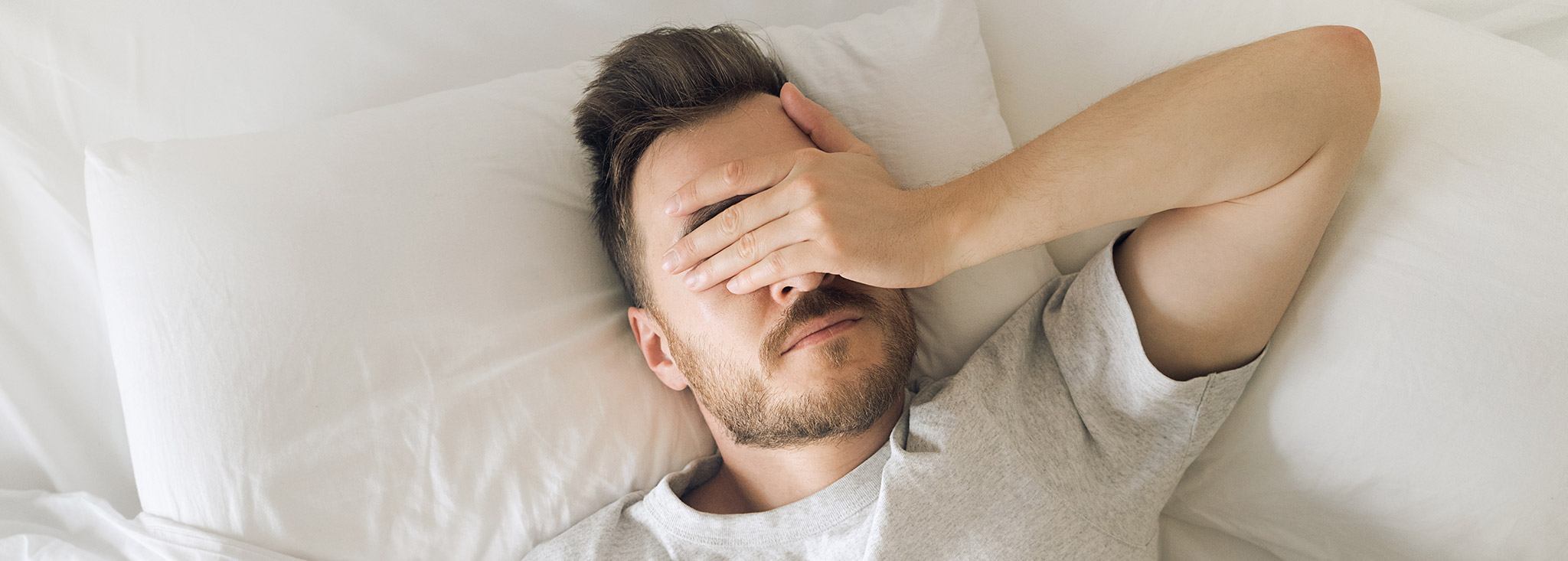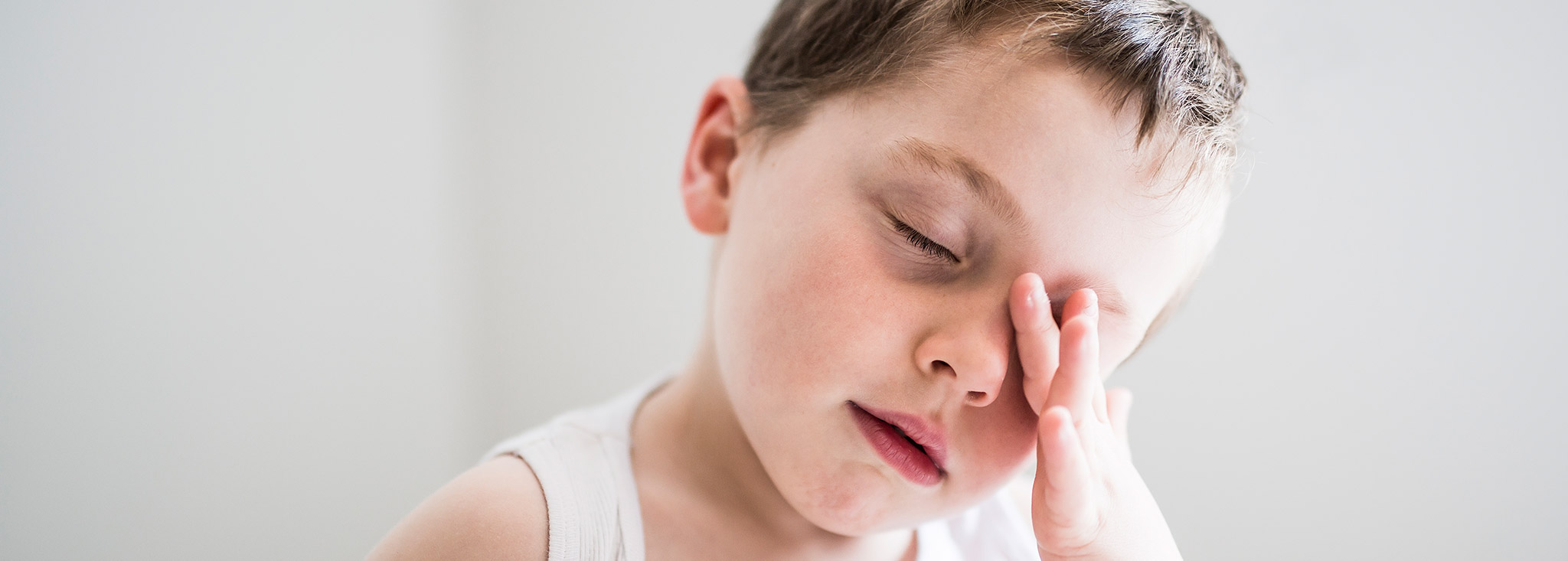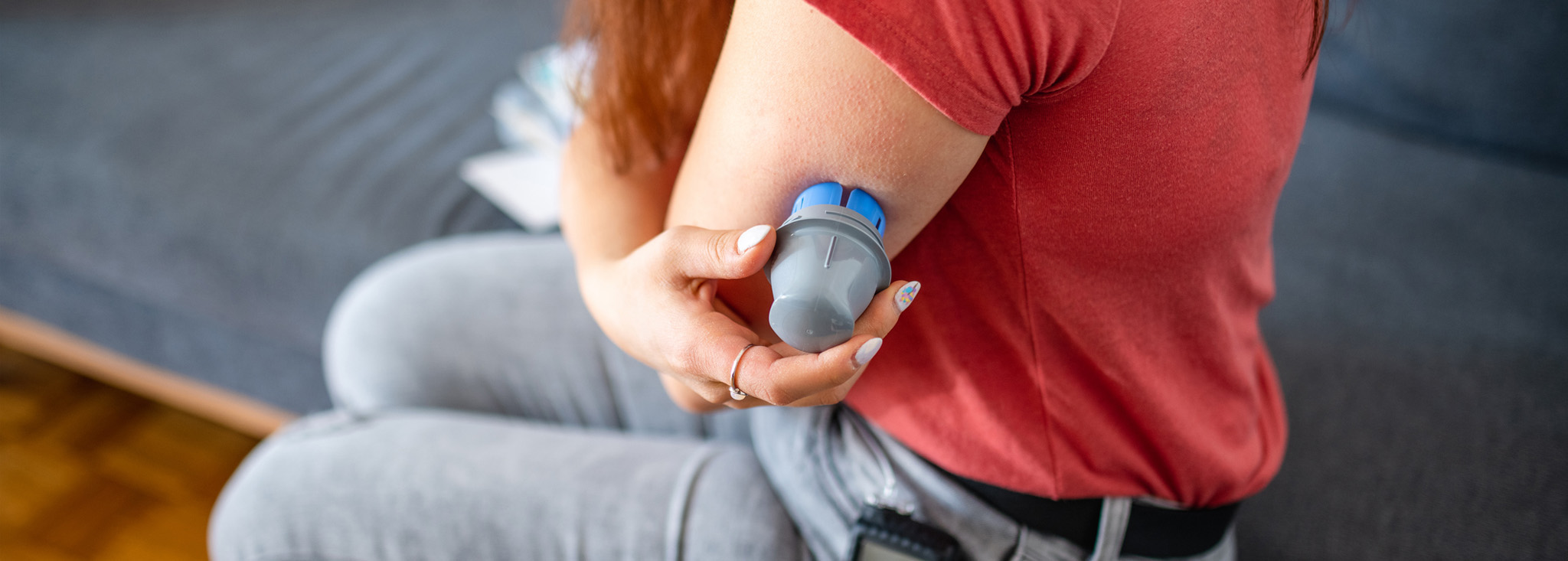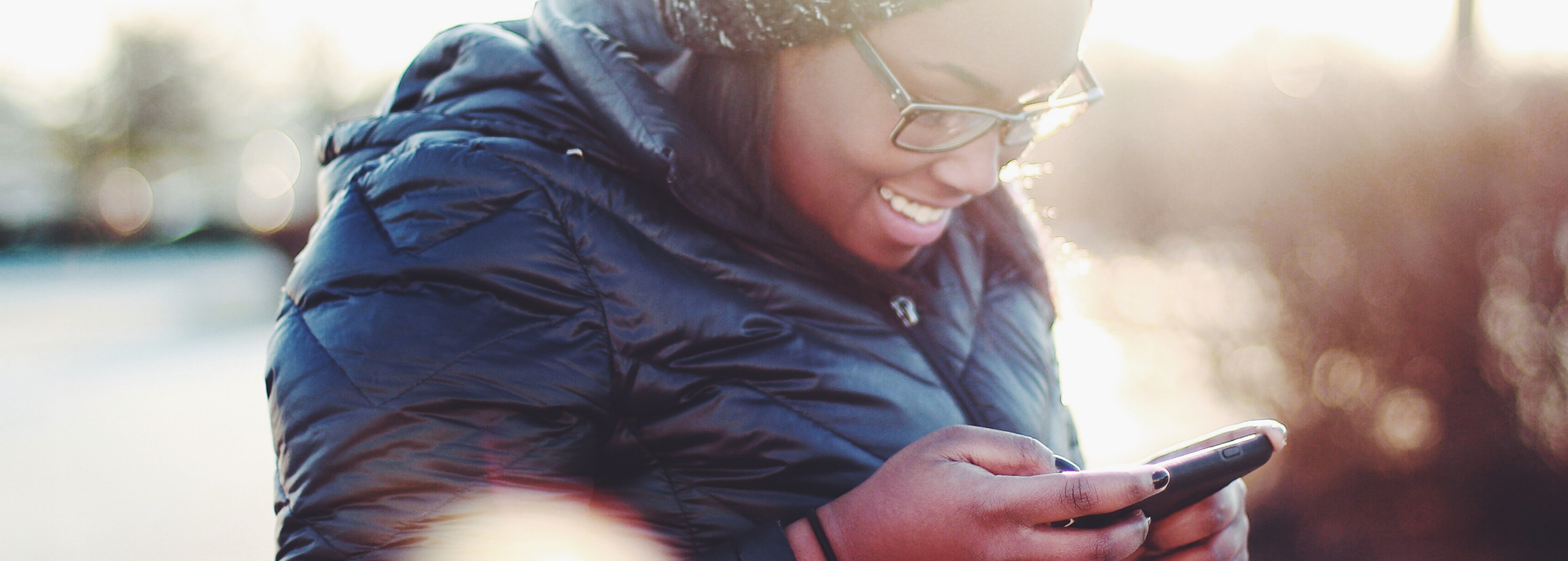A T1D Guide to Quality Sleep
Written by: Jordan Hoese
2 minute read
March 7, 2020
This content was made possible with support from Medtronic Diabetes, an active partner of Beyond Type 1 at the time of publication.
Editor’s Note: This content was verified by Jordan Hoese, MD, MPH.
Sleep is such an important, yet overlooked and undervalued part of health. Especially for those of us with type 1 diabetes. I make it a personal priority to get enough sleep—even with medical school and residency and as a type 1 diabetes (T1D), I usually get seven to eight hours a night. It’s part of our collective consciousness in the diabetic community that having diabetes means accepting poor sleep as a reality—while this might be true some of the time, here are some things I do to ensure that I get good quality (and quantity!) of sleep most nights:
Avoid insulin on board at bedtime
This rule dates back to when I was a pre-teen/teenager. My parents had a rule—no bolusing after 9 p.m.! Now that I’m an adult, I’m a little more lenient with this rule, but the principle is solid. Avoiding food intake and insulin administration in the two to three hours before bedtime (even though now I usually am in bed before 10 p.m.) helps decrease the number of variables that can interfere with your flat continuous glucose monitor (CGM) line overnight (causing highs and rollercoasters), and also helps decrease the risk of overnight lows! This leads me to my next point:
Nail those nighttime basals
We spend approximately a third of our lives sleeping—this means that our overnight numbers are a HUGE contributor to our A1C, our Time-in-Range (TIR), and our overall health outcomes. Having the right basal rate (amount of background insulin to maintain steady blood glucose levels (BGs)) to keep you steady and in range all night is crucial.
Understand what interferes with blood sugars during sleep
This is highly variable between individuals, and even within the same individuals over time. Some of us experience dawn phenomenon that spikes us overnight (which is due to Still, Things like heavy exercise or alcohol consumption Understanding how some of these factors work helps us be better prepared and equipped to address them!
Keep it general
Those are some of my diabetes-specific tips, but the importance of sleep hygiene and healthy sleep habits apply to us, too! And because, these general habits are just as (if not more!) important for T1Ds than the general population! We do such a great job with bedtime routines and consistent bedtimes during childhood, because we know how important sleep is for health. Why give this up as an adult? Here are some tips I give all my patients, and try to follow myself, too:
- Keep a consistent sleep schedule—choose when you need to wake up in the morning and commit to going asleep at least 7 hours before that.
- Start performing your bedtime routine about half an hour before bed—train your brain to get sleepy at the right time. Shut off that phone, brush your teeth, do some journaling, make a to-do list for the morning, read a book—whatever helps you wind down.
- Don’t go to bed unless you are sleepy, and if you’re in bed lying there without falling asleep, get up and do something relaxing until you are sleepy enough to go back to bed.
- Only use the bedroom for sleep! No TV, no eating.
- Keep the bedroom cool! Studies show that optimum temperature for quality sleep is around 60-68 degrees Fahrenheit.
- Avoid consuming caffeine in the afternoon or alcohol before bedtime—these can both interfere with sleep!
- Exercise regularly for better sleep quality and ease of falling asleep, but
- If you are concerned or have more questions about your sleep quality, ability to fall and stay asleep, unusual sleep patterns, or excessive daytime sleepiness, see your doctor! They can help! 🙂
Jordan Hoese is a Medtronic product user.

Author
Jordan Hoese
Jordan Hoese, age 24, has had type 1 diabetes (T1D) since 2005. She is currently in her third year of medical school, and training for her sixth marathon with Beyond Type Run! Her hobbies include running, travel, hiking, camping, yoga, coffee and hanging out at home with her boyfriend and three cats. She is also earning an MPH with a focus in global health and after medical school hopes to train and eventually practice medicine in resource-limited community settings.
Related Resources

This content was made possible with support from Medtronic Diabetes, an active partner of Beyond...
Read more

This content was made possible with support from Medtronic Diabetes, an active partner of Beyond...
Read more

Editor’s note: This content was originally produced by JDRF, shared here as part of the...
Read more

